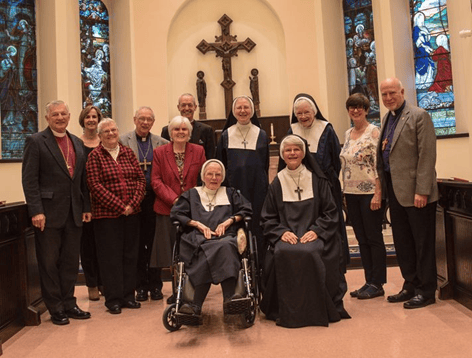Pope Francis has made a surprise visit to one of Rome’s main parks to participate in an Earth Day event.
Francis, who wrote an encyclical decrying the exploitation of the Earth’s environment and resources often at the expense of the poor, went to Villa Borghese, a park filled with Sunday strollers.
He sat on an outdoor stage along with an Italian priest who has courageously denounced Naples-area mobsters for systemically dumping toxic waste on local farmland in a lucrative, illicit operation often serving legitimate businesses.
The pope told the audience that money has become a god “at the center of the world.”
Environmental concern has been a hallmark of Francis’ papacy, especially in 2015 when his landmark encyclical Laudato Si’ was published in May, marking the first time any pontiff had devoted an entire encyclical letter to the protection of creation.
In that document, Francis blamed “unfettered greed” for mounting pollution, global warming, and climate change, and framed strong limits on fossil fuels and greenhouse gases as a clear moral imperative.
Last September, talking at the largest gathering of world leaders in UN history in New York, he blamed environmental degradation on “a selfish and boundless thirst for power and material prosperity” that causes untold suffering for the poor who “are cast off by society.”
In November 2015, Francis became the first pope ever to visit the headquarters of the United Nations Environment Programme during a trip to Nairobi, Kenya. On that occasion, the pontiff warned of “catastrophic” consequences if global leaders failed to adopt dramatic measures to fight climate change during a U.N. summit in Paris later that month.
Later, Francis praised what he called an “historic” agreement reached at the Paris summit and called for a global commitment to implement it, including special attention to the poorest populations.
“Its implementation will require unanimous commitment and generous dedication by everyone,” the pontiff said after a weekly Angelus prayer in St. Peter’s Square. He urged the international community to “pay special attention to the most vulnerable populations” and “to carefully follow the road ahead, and with an ever-growing sense of solidarity.”

















